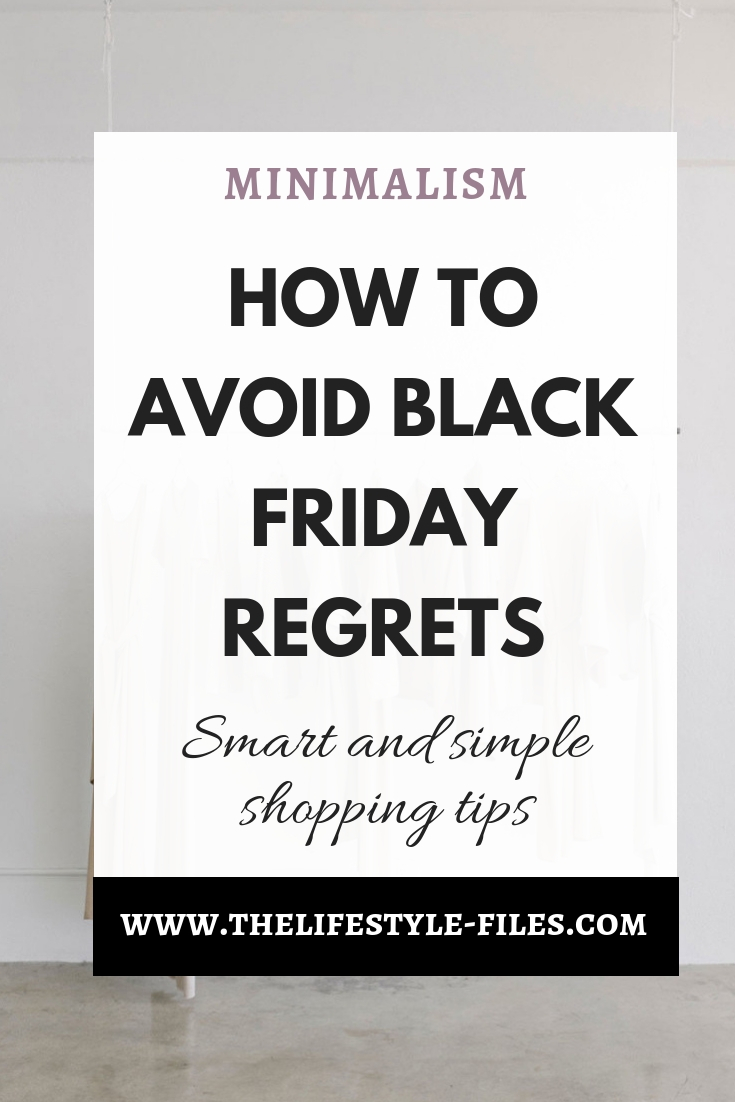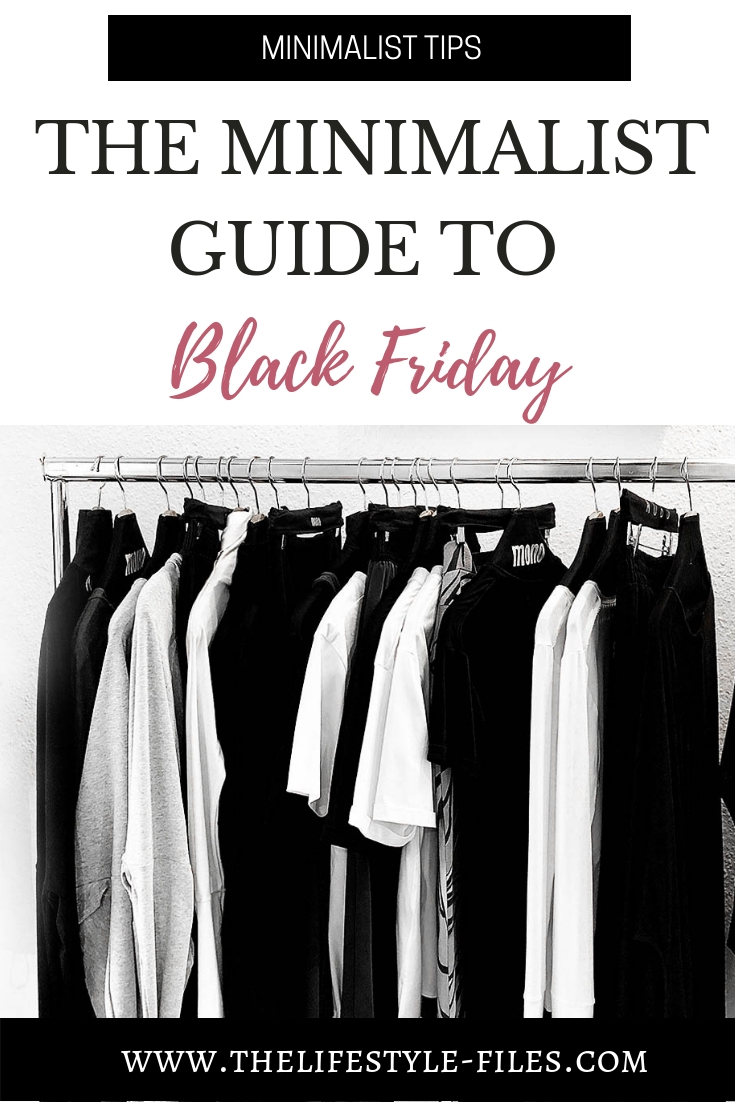 Black Friday seems to stir up surprisingly intense emotions in people.
Black Friday seems to stir up surprisingly intense emotions in people.
In the red corner: The myriad companies bombarding us with daily newsletters starting in September about the deals of a lifetime and the faithful Black Friday devotees, who are willing to brave the crowds for a great sale.
In the blue corner: the, significantly smaller but still quite vocal mass of people who view Black Friday as the symbol of a devil consumerist culture and loudly and frequently state on their social media channels that they will stay away from the malls on this day by all means.
The truth: somewhere in the middle.
Last year, I spent a great amount of time observing this battle – mostly being played out on Twitter and various social media channels as well as in opinion pieces and editorials. To be honest, it wasn’t really a very deliberate scientific research on my part – it would have been quite difficult to shut out all these opinions as they were trending topics on the Internet.
As usual is the case with topics that greatly divide our culture and society, there is truth on both sides – and not much compassion and empathy for the differing opinions on either.
The dark side of Back Friday
Critics of Black Friday mostly focus on one theme: that it’s a mindless celebration of consumerist culture and it brings out the absolute worst in people. The widely shared footages of people trumping over each other to grab a huge TV set do portray a very grim image of the state of our society.
The dangers of being blindsided by “huge deals”, making impulse shopping decisions, spending a ton of money on maybe otherwise unnecessary stuff in the name of saving are very real. I’m sure most of us actually bought things that we ended up regretting later, just because they were on sale.
The dark side of Black Friday is that it really clouds people’s better judgments. The hype is so big, FOMO is in full throttle – we panic about missing a great deal and end up spending more then we should have.
Also, we are not always only the victims of bad judgment calls – sometimes we are actual victims of scams. Sometimes that great deal is actually a great lie – companies are known to increase prices before big sales, so you end up actually paying for a full price even when you think you make a good deal.
But what’s the problem with wanting to save?
With all that being said, last year I still felt quite uneasy about the amount of bashing Black Friday and, more importantly, people who shop on Black Friday got.
Because criticism often didn’t come from a good place – it was narrow-minded, judgmental, and very elitist.
A lot of people forget or doesn’t even realize that the fact they can actually choose when to buy something or buy it at full price is a great privilege. I feel dumb that I have to state this, but here it goes: even a couple of dollars of difference can mean a lot for a very large part of society.
I wonder whether people who bash all those customers standing in line for hours for a 20% discount actually think about the reasons why they might stand in that line. Is it always and exclusively a mindless worshipping at the altar of consumerism? Or maybe, sometimes, an economic necessity? Maybe they would be happy to exchange that for the privileged status of buying whenever and wherever they want – how about that?
We could also move past the moral and compassionate considerations to something a little bit more practical, something that affects even us, the luckier, middle-class and above customers: paying less for something we actually want is better than paying full price.
What’s the problem with wanting to save even a couple of dollars? Finding a good deal make us savvy, frugal customers, right?
Doing Black Friday the right way
So, what’s an otherwise quite conscious, quasi-minimalist consumer’s (aka me) take on Black Friday?
It’s totally possible to do it right.
Yes, we should all be mindful about our purchases. Resist the marketing bullshit. Make thoughtful, considerate decisions. But you don’t have to sit it out completely if you don’t want to.
Write a list in advance of what you’d actually like to buy or need and then stick to that no matter what. Make a checklist of what criteria an item must meet for you to buy it. Set a budget. Schedule just an hour of shopping, do not make it a day-long activity. Take an accountability shopping partner. Buy things that are refundable in case you wake up with buyer’s regret the next day. And never settle – if you don’t find anything that perfectly fits your criteria, just don’t buy it.
Related: Smart shopping strategies that help your wardrobe AND your wallet
Don’t feel like you missed out on something if you didn’t make any purchases either – as much as it’s OK to buy some things on Black Friday, it’s also OK not to buy anything. Whatever makes the most sense.
Prepare in advance to ensure you make good decisions and actually end up with things you love and have a place in your life.
But most of all, don’t judge too quickly.






